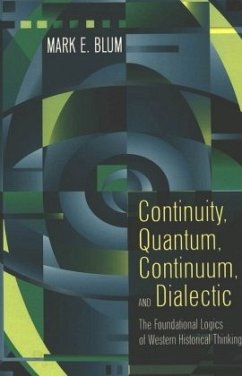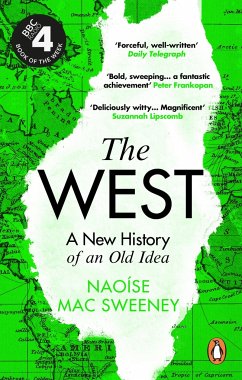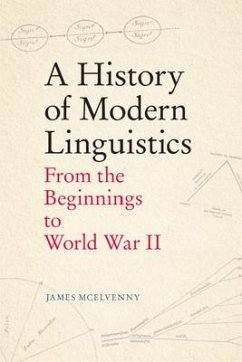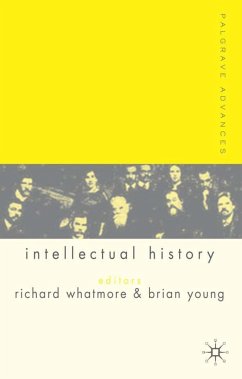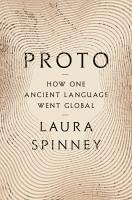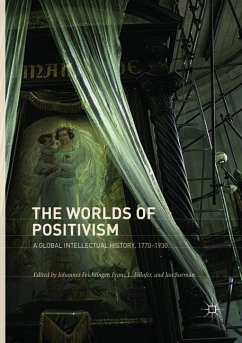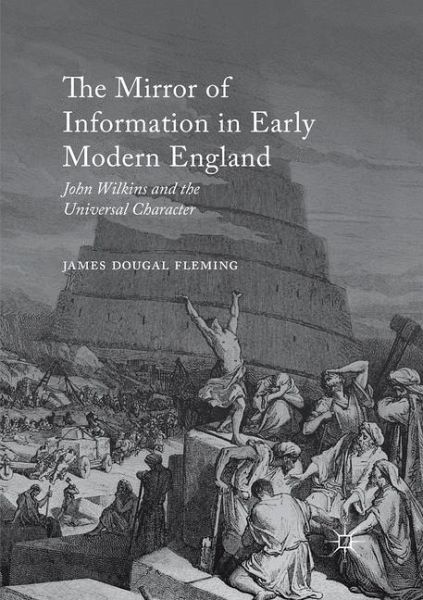
The Mirror of Information in Early Modern England
John Wilkins and the Universal Character
Versandkostenfrei!
Versandfertig in 6-10 Tagen
76,99 €
inkl. MwSt.
Weitere Ausgaben:

PAYBACK Punkte
38 °P sammeln!
This book examines the seventeenth-century project for a "real" or "universal" character: a scientific and objective code. Focusing on the Essay towards a real character, and a philosophical language (1668) of the polymath John Wilkins, Fleming provides a detailed explanation of how a real character actually was supposed to work. He argues that the period movement should not be understood as a curious episode in the history of language, but as an illuminating avatar of information technology. A non-oral code, supposedly amounting to a script of things, the character was to support scientific d...
This book examines the seventeenth-century project for a "real" or "universal" character: a scientific and objective code. Focusing on the Essay towards a real character, and a philosophical language (1668) of the polymath John Wilkins, Fleming provides a detailed explanation of how a real character actually was supposed to work. He argues that the period movement should not be understood as a curious episode in the history of language, but as an illuminating avatar of information technology. A non-oral code, supposedly amounting to a script of things, the character was to support scientific discourse through a universal database, in alignment with cosmic truths. In all these ways, J.D. Fleming argues, the world of the character bears phenomenological comparison to the world of modern digital information-what has been called the infosphere.




